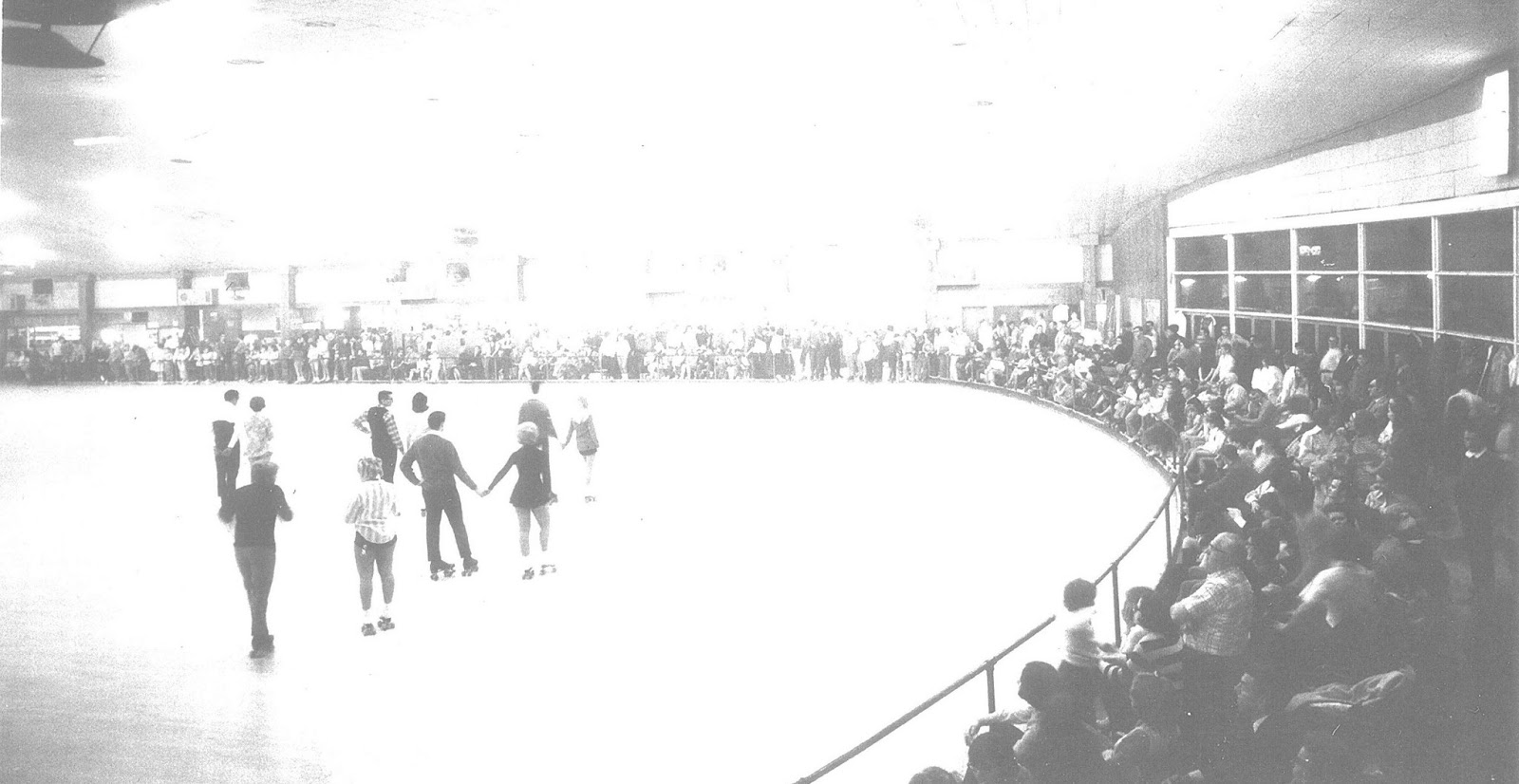Making
Maryland Biscuits—A Family’s Holiday Tradition
Dolores Hazel and Pat Lum beating the
dough
Lum family. L–R: Mary, Melvin,
Franklin, Pat, and Jack
Several
weeks ago, when Jack Lum, my neighbor and Chesapeake City
It
turned out that they were preparing that mysterious snack that we were invited
down to eat and wash down with coffee. They were making Maryland
Eventually,
after the punishment, the dough was processed further. Jack’s brother,
Franklin, rolled up the dough, put it into a tub, kneaded it a bit, and rolled
up pieces into golf ball-sized spheres. And
then, after Jack baked them in the oven and let them cool a bit, we all,
finally, with mouth-watering anticipation, sat around the table for the biscuit
feast. “The reason we beat them so much is to work the lard into the flour,
which turns the dough pure white,” brother Frank pointed out. “Yeah, the
process for making these is pretty simple,” Jack explained. “And after they’re
baked and sit for a while you can throw them right through that wall over
there.” “You’re right,” Brother Pat piped up, “and you can also play 18 holes
of golf with just one of them.” “You bet you can,” Barbara said, “but they
don’t last very long around here.”
Then we all sliced open our warm biscuits and
saturated them with butter. On the table also were various jams, jellies, and
even liverwurst. I chose the homemade strawberry jam, preserved from the
berries grown in Jack’s large garden. And, do you know that, as good as that
unique afternoon treat was, it wasn’t the best thing about the gathering. No,
the best thing was the family’s conversation that enhanced it: an interplay of
memories about old Chesapeake City and its historic canal.
Around
the table were Jack, his three brothers (Melvin, Franklin, and Pat) and his
sister, Mary. Also enjoying the fun were Jack’s wife, Barbara, Pat’s wife,
Sharon, and Jack’s cousin, Charles. And they all expressed their own special
memories. Melvin, the eldest brother, remembered the most: “Making these biscuits
started with our great grandparents, Mary and Charles Carty. They lived on Biddle Street
“That
Gotham
ferry replaced the lift bridge that was destroyed in 1942,” Franklin
“Oh yes, I remember the ferry also,
Barbara said. “Sometimes, after school, I would have to go to the post office,
and I would be late and have to catch what we called the second ferry. That was
when the post office was on First
Street
“You
know,” Melvin explained, “I’m old enough to have vivid memories of when our
lift bridge was demolished by that tanker, the Franz Klassen.” I was on the South Side at Postell's at the time. I
used to deliver papers for Luther Postell. It was such a heck of a commotion.
Old Luther came out of his store and said, ‘Goldarn, ain't this hail!’ And, my dad
was in Elkton and they brought him down to Chesapeake Governor Lane Maryland
After
a while, family members gave their hugs and said their goodbyes. And I remember
being disappointed . . . because I could
have listened to those dazzling stories all night long. So these were just a
few that were told that special morning, and just before we left with a bag of
biscuits for home, as I sat there laughing with the laughter, I thought about
the richness of that holiday tradition: a family gathering beginning with the
physical exertion of creating the biscuits and ending with the enjoyment of
eating them just out of the oven and, most importantly, the joy of telling once
again the age-old stories of certain indelible events, events embellished by
the sometimes hilarious antics of long-gone Chesapeake City characters.
Especially
touching for me were the reminiscences, punctuated with laughter (always
laughter), smiling faces, and body language that expressed not only their joy
of being together but their genuine love for one another, highlighted by and
permeated with an aura made especially meaningful because of the magical
holiday season. And so, it turned out that my response when I first saw that
biscuit beating was accurate. It was
therapy, after all.
Editor’s note: Not long after this
family gathering, Pat Lum, 64, passed away in the Christiana Hospital







